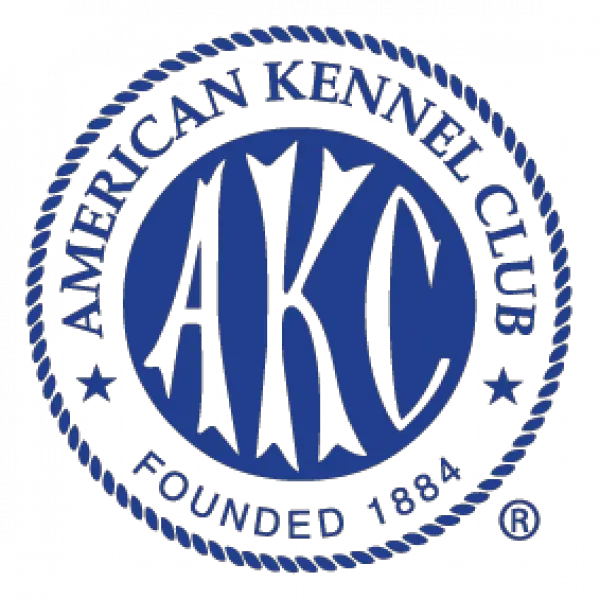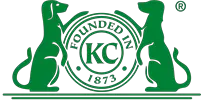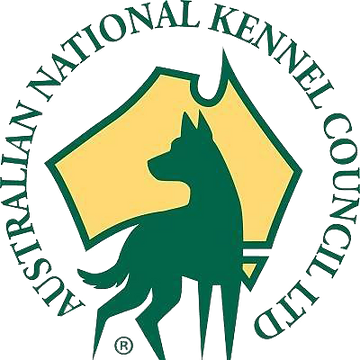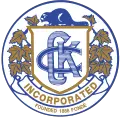Otterhound History
The Otterhound is a scent hound that originated in the British Isles. The Otterhound was used to hunt otters, and the name is thought to be derived from the Old English word ott, meaning “otter”. The modern-day Otterhound is descended from the Bloodhound, Greyhound, Bulldog, and Foxhounds.
Otterhound Physical Characteristics
The Otterhound is a medium-to-large-sized breed of hound. This breed comes from Ireland and Great Britain. These dogs were used in hunting otters and hares, as it was believed they could chase these animals far out to sea. They stand 25 to 30 inches at the withers and weigh between 60 and 80 pounds. They have a very muscular, athletic build, with highly arched necks, large, triangular heads, and long, powerful muzzles. Their coats are long and thick, and can be any color.
Eye Colors
Hazel, Brown
Nose Colors
Unknown
Coat Colors
Unknown
Height Range
Male Height Range: 24 – 27 inches
Female Height Range: 24 – 26 inches
Weight Range
Male Weight Range: 90 – 110 lbs
Female Weight Range: 70 – 90 lbs
Otterhound Health
Description of breed health.
Lifespan
10-13 yrs
Otterhound Health Concerns
Hip Dysplasia, Congenital Heart Defect, Elbow Dysplasia, Thrombopathia
Otterhound Temperament and Behaviour
The Otterhound is a slender, muscular, and athletic dog that is full of energy and stamina. They are very playful and fun-loving, but are also calm, quiet and well-mannered. They are good-natured, gentle, and protective with their family, but they can be aloof towards strangers.
Otterhound Activity Requirements
Otterhounds are large, pack hunting dogs. They were originally bred for tracking, but today they are popular companion and family pets. They are a very high-energy, intelligent, and athletic breed of dog. Otterhounds are best suited to an active home. They require a lot of exercise and mental stimulation to be happy and healthy. They do well in homes with yards where they can play and run. If you are considering an Otterhound, be sure you are prepared to provide them with an active lifestyle. A bored or under-exercised Otterhound can quickly develop destructive behaviors. An active lifestyle is one of the best things you can do to keep your Otterhound happy.
Miles Per Day
Unknown
Activity Per Day
Unknown
Daily Food
3 cups
Kennel Club Recognition

American Kennel Club
Recognized by the American Kennel Club
Otterhound is part of the Hound group.
Visit the American Kennel Club website.

The Kennel Club
Recognized by The Kennel Club
Otterhound is part of the Hound group.
Visit the Kennel Club website.

Australian National Kennel Council
Recognized by the Australian National Kennel Council
Otterhound is part of the Hound group.
Visit the Australian National Kennel Council website.

Canadian Kennel Club
Recognized by the Canadian Kennel Club
Otterhound is part of the Hound group.
Visit the Canadian Kennel Club website.